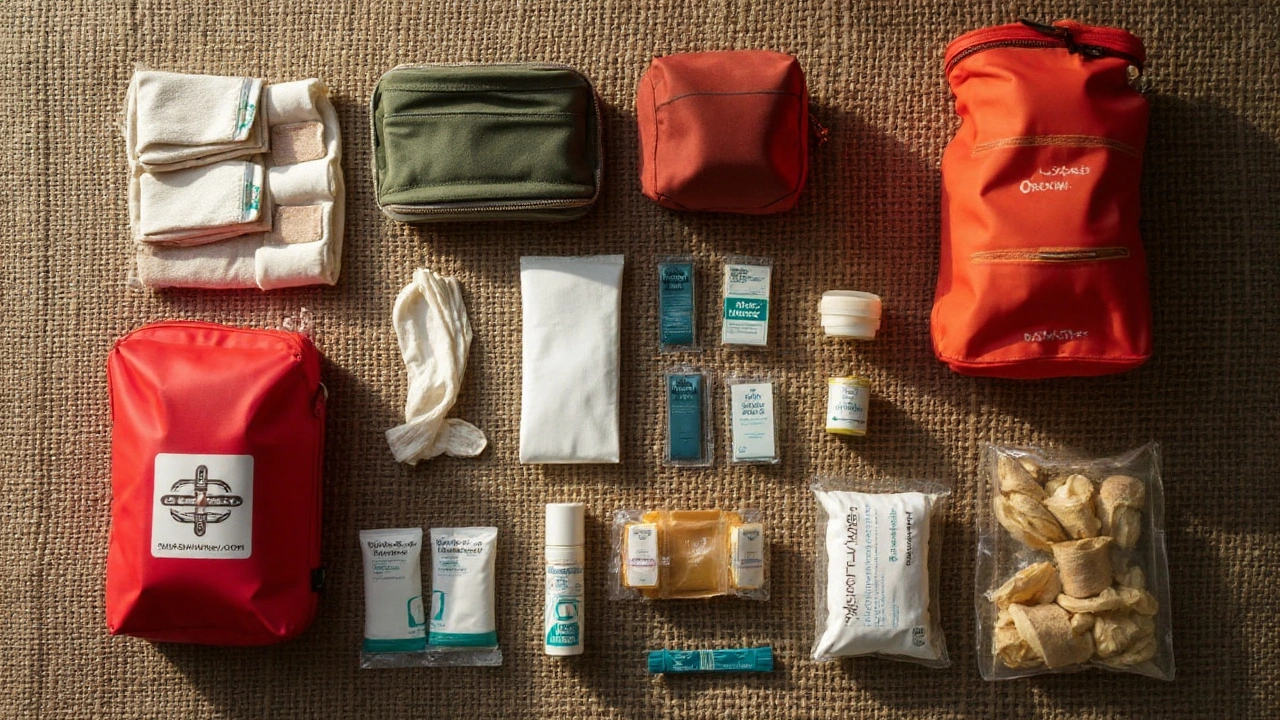UK Sports Safety Tips – How to Play Without Getting Hurt
Whether you're hitting the football pitch, swinging a cricket bat, or joining a local yoga class, staying safe should be part of the game plan. In the UK, rules and gear are designed to protect you, but most people skip the basics. Below you’ll get straight‑forward advice you can use today, no jargon, no fluff.
Pick the Right Gear and Check It Regularly
First thing’s first: the equipment you wear matters. A properly fitted helmet can mean the difference between a minor bump and a serious head injury. Look for a CE mark on helmets, shin guards, and mouth‑guards – that’s the UK’s safety stamp. Make sure everything is snug but not too tight. If you feel any wobble or the straps slip, replace the item. Even cheap gear can be safe if it meets British standards, but cheap low‑quality gear often fails the test.
Sports shoes are another common weak spot. Running shoes for the track, cleats for football, and indoor shoes for basketball each have specific tread patterns. The right grip stops slips, while the wrong one can twist an ankle. Before each session, give your shoes a quick visual check for worn‑out soles or loose stitching. A pair that’s lost its cushioning should go out of rotation.
Follow the Rules and Warm‑Up Like a Pro
Rules exist for a reason. In UK leagues, contact rules, off‑side lines, and equipment bans are there to keep you safe. Ignoring them not only risks penalties but also raises injury chances. Keep an eye on the referee’s signals, and don’t cheat on safety gear just to look cool.
Warm‑ups are more than a routine – they’re your body’s alarm system. Spend five minutes doing light cardio (jogging, jumping jacks) then stretch the muscles you’ll use most. Dynamic moves like leg swings, arm circles, and lunges get blood flowing and improve range of motion. Skipping this step can leave you prone to strains or sprains, especially in fast‑pace sports like rugby or netball.
If you’re new to a sport, ask a coach for a quick demo of correct techniques. Bad form repeats itself and leads to chronic injuries. For example, learning the proper way to tackle in football or the right grip for a tennis serve saves your joints in the long run.
Finally, listen to your body. A dull ache that doesn’t go away after a rest day is a warning sign. In the UK, most clubs have physiotherapists or first‑aid volunteers – use them. Early treatment prevents small issues from becoming major setbacks.
Stay safe, enjoy the game, and keep coming back for more. With the right gear, a solid warm‑up, and respect for the rules, you’ll play longer and have more fun.

Athlete’s First Aid Kit Checklist: What to Pack and Why
A practical, evidence-backed checklist for building an athlete’s first aid kit-what to pack, why it matters, and how to tailor it by sport, weather, and travel.
Categories
- Cryptocurrency
- Careers & Education
- Home & Living
- Technology
- hire domestic help in Mumbai
- Home & Lifestyle
- hire drivers in mumbai
- hire pet care in mumbai
- Travel & Transportation
- Health & Fitness
